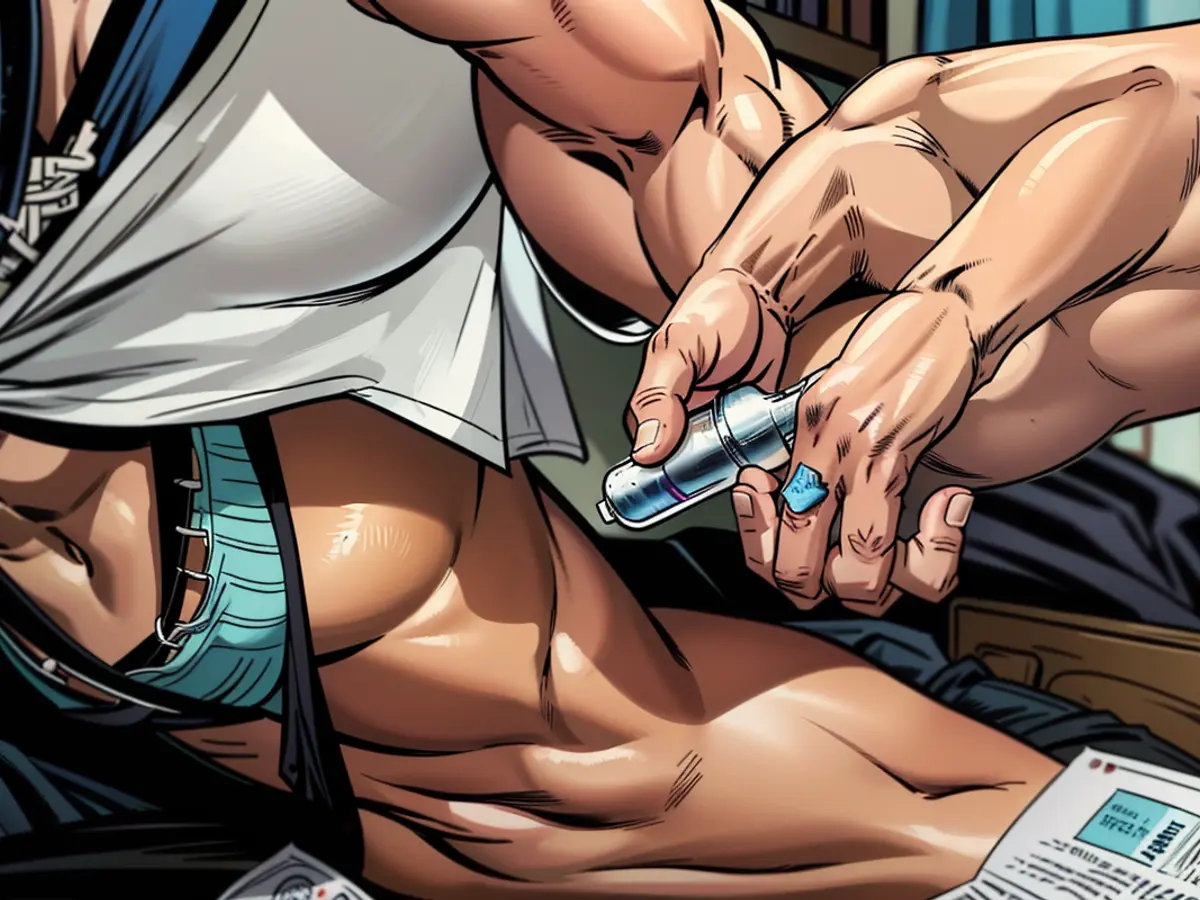Stiko recommends RSV vaccination for all newborns
RSV can currently cause Bronchitis and pneumonia in infants. One out of every fourth infected child requires medical treatment. The Permanent Vaccine Commission at the Robert Koch Institute therefore advocates for the vaccination of all infants. This recommendation is independent of potential risk factors.
For newborns and infants, the Permanent Vaccine Commission (Stiko) recommends an injection of an antibody substance for protection against the Respiratory Syncytial Virus (RSV) starting right away. "A severe respiratory disease caused by RSV is the most common reason for hospitalization in children under one year of age," said pediatrician and Stiko member Julia Tabatabai. Every fourth child with an RSV infection needs medical treatment during the first year of life. In particular, young infants can develop a severe respiratory disease from an infection, making early protection important.
The recommendation published by the Robert Koch Institute (RKI) suggests vaccinating all newborns and infants, regardless of potential risk factors. The substance should be injected during the first RSV season following birth. The season typically lasts from October to March. Infants born between April and September should receive the medication between September and November. For newborns born during an RSV season, the Stiko recommends administering the medication as soon as possible after birth, even before discharge from the maternity ward.
Passive Immunization
An injection of the antibody Nirsevimab is recommended. The molecule binds to a virus protein and prevents the pathogen from entering body cells. This is called passive immunization: pre-formed antibodies are administered, which are not produced by the body's own immune system. This provides immediate protection, but the protection is only temporary, as the antibodies are broken down after a certain period. The protection provided by Nirsevimab lasts approximately six months, according to Johannes Liese, head of pediatric infectiology and immunology at the University Clinic Würzburg.
RSV causes respiratory infections in children and adults. In principle, one can contract the disease at any age and be re-infected. In infants, the pathogen can cause bronchitis and pneumonia.
Risk groups for severe courses include premature infants, infants with lung disease or heart defects, elderly people over 65, and individuals with compromised immune systems. Deaths also occur, although they are rare, as Tabatabai stated. Vaccination not only protects those at risk but also relieves the burden on the healthcare system. The annual season is a "massive challenge" for clinics and practices, according to Liese. After the Corona pandemic, there have been heavy RSV waves in many countries.
The Standing Vaccination Commission at the Robert Koch Institute strongly advocates for the vaccination of newborns and infants against RSV-related diseases, as passive immunization with Nirsevimab can offer temporary protection for six months. This vaccination is particularly important for high-risk groups, such as premature infants and those with underlying health conditions, as severe complications from RSV infections can lead to hospitalizations and place a significant strain on healthcare systems.







